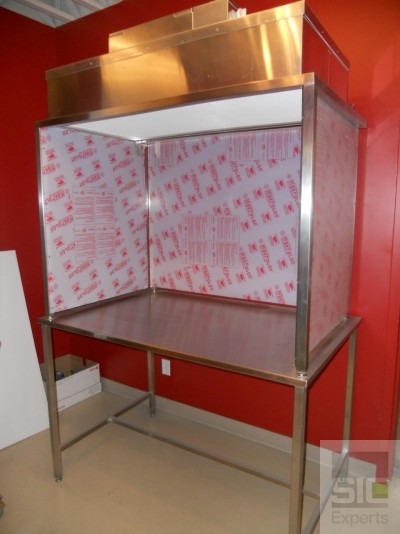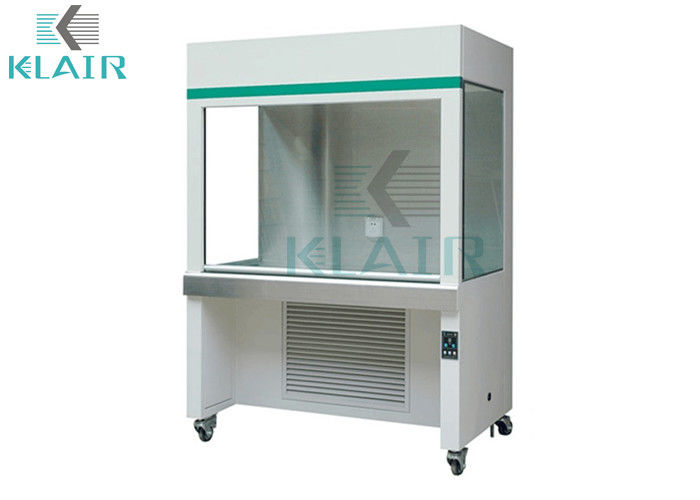

- Laminar flow hood hepa filter replacement manual#
- Laminar flow hood hepa filter replacement portable#
18” Wide Portable Clean Room, by Sentry Air Systems, Inc. I highly suggest this route, you can see all the configurations you can do with Yjingrui at their store. It offers a kind of middle ground between buying and making and is priced accordingly. The filter is 99.99% efficient, and the fan has three speed settings. The negative reviews almost entirely involve customers whose purchase was damaged during delivery, not complaints about the product itself. That being said, the unit gets strong reviews and I have personally used it. It doesn’t come with a pre-filter, either the company recommends the user add their own pre-filter, if desired. For example if you buy their fan it includes only the filter and fan unit and it would have to be mounted on a suitable box, most likely in a vertical configuration. You can buy all the individual components and plug and play them to make a high quality Laminar Flow Hood. Using YJINGRUI products is kind of half DIY. You can buy our #1 Pick, the Bonsai Laminar Flow Hood here.
Laminar flow hood hepa filter replacement manual#


If money isn’t a problem but you’re in a rush, then buying is by far the better option. If you are good at DIY projects and short on cash, making a flow hood is the obvious choice. The choice is going to come down to what kind of quality you need and what kinds of resources you have. The disadvantage is that building a flow hood takes both time and skill, and not everybody has either. The greatest advantage to building at home is cost-a professionally made unit is likely to cost twice as much for similar size and quality. Laminar flow hoods can be purchased ready-made, but it’s also possible to make a simple one at home. Conversely, horizontal flow hoods are both roomier and bulkier. Unfortunately, the work area is typically smaller, and you may need a step-ladder to service the fan. Vertical hoods take up less floor-space and can be installed as an attachment over a standard work-bench. The difference is whether the fan that moves the air is above the work area or beside it. If the absolute security of a well-designed glove box (a box completely sealed against outside air, accessible only through gloves sealed to access holes) isn’t necessary, a laminar flow hood protects against contamination while allowing complete freedom of movement by the worker through the open front.Ī laminar flow hood can either a vertical configuration or a horizontal configuration. Flow hoods are also used by people conducting medical or biological research, and by people working with dangerous chemicals. Laminar flow hoods are used by mushroom growers and mycologists who are inoculating agar plates or otherwise working with living fungal tissue highly vulnerable to contamination by airborne molds, bacteria, or other problems. Flow hoods can also move air in the other direction, in through a filter, across the project, and then out towards the worker, if the idea is to protect the project (rather than the worker) from contamination. So, for example, if somebody is working on a project that produces unhealthy dust, and the flow hood sucks air in past the worker, across the project, and then through a filter, then laminar flow means none of that dust will end up in the worker’s face-nothing moves backwards against the direction of the flow. “Laminar flow” means a mass of air all moving in the same direction at the same speed, without eddies or other complication. Laminar flow hoods are essentially boxes that prevent airborne contamination by directing, rather than preventing, airflow.


 0 kommentar(er)
0 kommentar(er)
